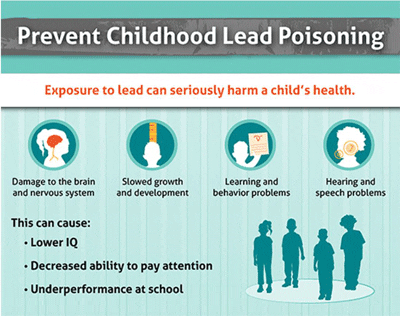We all come from childhood. The fears and resentments of the first years poison and limit our adult life. Psychologist Beverly Flangington talks about how to cope with the negative influence of the past.
Modern parents are torn between work and home. They strive to give their children the best, but at the same time they do not find time to be alone with the child. They get tired of work, household chores and the need to meet the standards imposed by society. And they often vent evil on children, not thinking about the fact that these words not only offend children, but also remain with them for life. Numerous adult complexes grow out of these words, which prevent people from being successful and happy.
Voices from the past
Here are the most common negative phrases that parents say to children:
- You never finish anything.
- You are like your father/mother/grandfather…
- You are getting fatter.
- You are too skinny.
- And why did I give birth to you?
- Yes, you are not smart.
This list is endless. At the same time, the mother or father is sure that these words do not mean anything, because they love their children. However, they forget that children are more impressionable than adults, and they have a good memory. In addition, children take everything literally, especially if they hear the same thing over and over again.
We are surprised at our indecision in our careers and personal lives, our weak will that does not allow us to fight excess weight, and self-doubt. But all these failures are not only our fault. Our brains are filled with voices from the past. And these voices say: “You can’t, you won’t succeed, you are a loser, who needs you like that.”
Recognizing other people’s voices in our head
Despite the fact that the past largely determines the future life, it is in our power to get rid of the negativity received in childhood. First of all, you need to pay attention to what you think about yourself. Perhaps you are only broadcasting the words of your parents, grandparents or teachers.
Have you been abused, humiliated and denied unconditional love? However, you have grown up and become a conscious person. And now you can become yourself that very parent who loves and accepts you the way you are.
Learn to recognize the negative voices in your head. We often do not realize that we are constantly talking to ourselves. And we speak with ourselves and about ourselves in the voices of other people with whom we have not communicated for many years, and who, perhaps, have died long ago. Isn’t that strange?
4 steps to positive change
Now that you have realized that many of your dreams and attitudes in life were imposed by your parents or caregivers in your early childhood, start changing.
1. Write down everything you say to yourself.
When you read what you managed to write down, you will be unpleasantly surprised, because sometimes you say things to yourself that you would not even say to your worst enemy. And it is difficult to realize this while your thoughts are in your head, and not on paper.
2. Look at your “messages” objectively
Do you really consider yourself a total failure? Are you sure that no one will ever love you? Do you sincerely think that you are doing absolutely everything badly? In our thoughts, we tend to use the words “no one”, “never”, “everyone”.
But you know that nothing is absolute in life. Remember your successful deeds, warm relationships with someone, and you will understand that the thoughts imposed many years ago are toxic and unreal.
3. Work on your beliefs
Say to yourself, “Somehow I have a false belief that I will never succeed. But I can do a lot. To do this, I need to take a few steps. This week I… (add your choice) and next week…”
4. Keep a song, poem, prayer, mantra, or anything else handy that boosts your mood and gives you confidence.
Once you recognize the negative voices in your head, don’t give them a chance. Try to replace them with something positive. It is not simple. But over time, you will get used to having life-affirming and motivating internal dialogues.
About the Author: Beverly Flangzington is a psychologist, corporate consultant, and author of Understanding Others in 30 Days.










